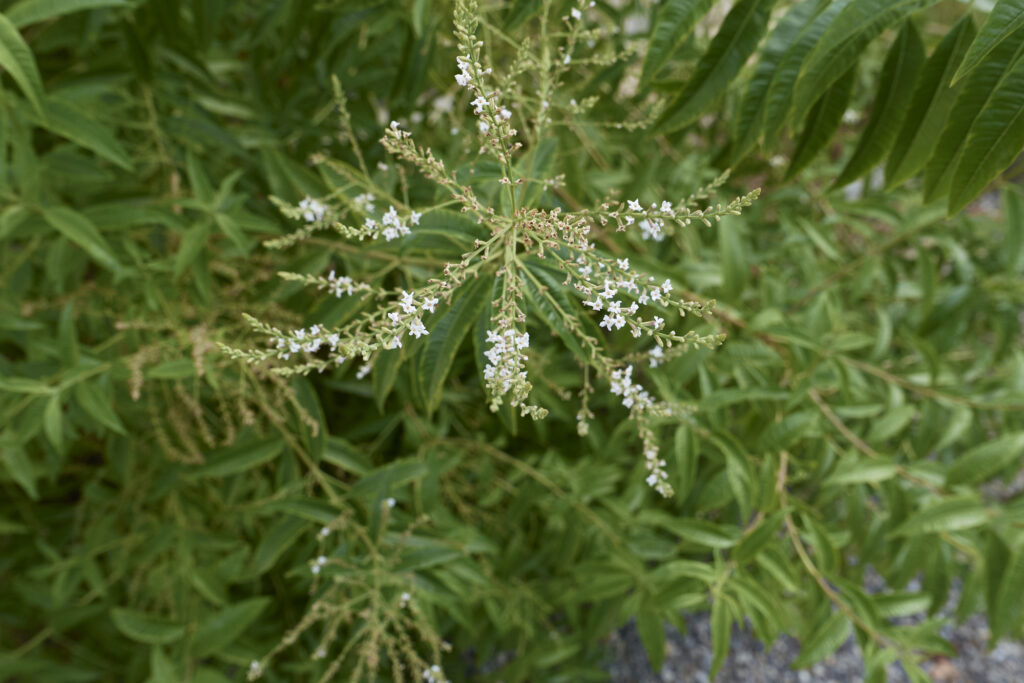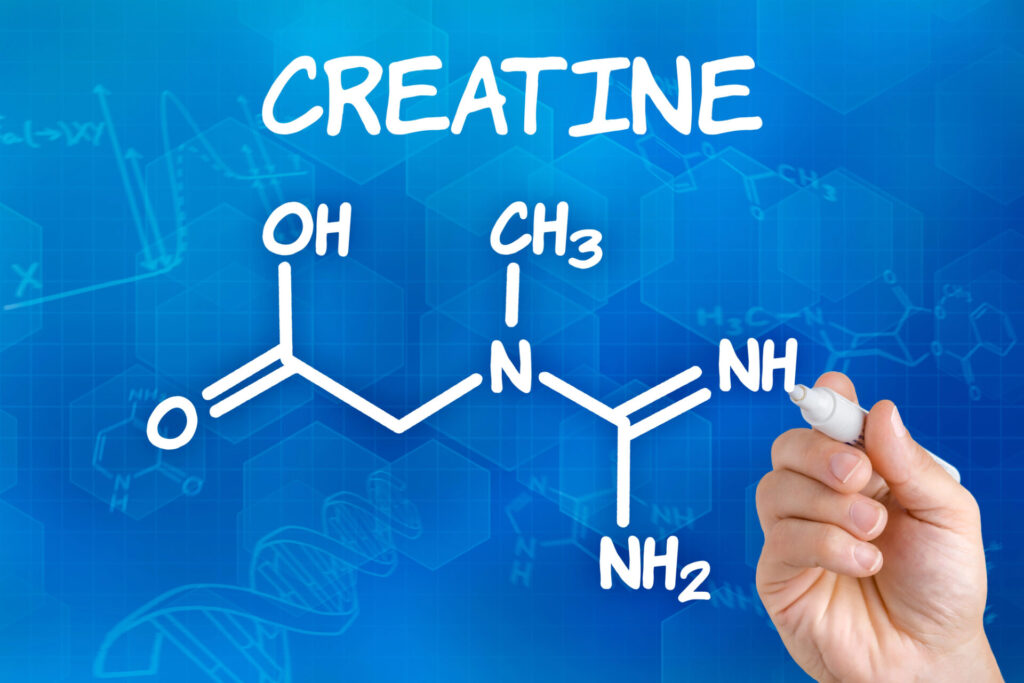Stress-related disorders and sleep disturbances continue to rise in prevalence and the search for safer, non-pharmacological interventions is becoming increasingly needed. Sleep deprivation is a substantial public health issue, and more than half of Americans say they need more sleep and 20% claimed they get less than five hours of sleep per night1. According to a 2022 Gallup poll of more than 3,000 U.S. adults, about one in three Americans reported that the quality of their sleep was “fair” or “poor”, and only 7% said their sleep was “excellent”. An overwhelming 81% of Americans report that their mental activity (thinking, mind racing or feelings) has prevented them from having a good night’s sleep2. It is within this context that researchers at the Department of Analytical Chemistry, Nutrition and Food Science at the University of Alicante in Spain conducted a study in to evaluate a natural plant-based extract comprised of lemon verbena (Lippia citriodora), in alleviating stress and improving quality of sleep3.
The double-blind, placebo-controlled study was conducted for 8 weeks, followed by a 4-week washout period. Validated questionnaires were utilized, and functional tests were performed during the study, and questionnaires continued to be used after the washout period.
The ingredient evaluated in the study was comprised of a purified extract of lemon verbena leaves (Lippia citriodora), standardized to a minimum of 28% total phenylpropanoids, of which a minimum of 24% corresponds to verbascoside (commercially known as RelaxPLX).
The randomized, double-blind, placebo-controlled trial included 40 adult volunteers free from chronic disease yet experiencing moderate stress levels and poor sleep quality, mirroring the patient profiles commonly seen in clinical practice. Participants were divided into two groups, with one receiving a 400 mg dose of the lemon verbena extract and the other a placebo, administered daily 1-2 hours before bedtime.
Researchers employed the Perceived Stress Scale (PSS) and the Pittsburgh Sleep Quality Index (PSQI), coupled with cortisol blood tests to quantify stress and sleep quality improvements objectively. Additionally, the research subjects wore Fitbit trackers, providing data on sleep duration and stages—deep sleep, REM, and light sleep—over seven days at the baseline, one month, and two months.
Notably, the study accounted for potential confounders such as body composition changes, ensuring that observed effects were attributable to the intervention. Statistical analysis was performed using the JAMOVI program, with the Shapiro–Wilk test assessing normality, ANOVA tests examining differences between groups, and the η2 statistic measuring effect sizes.
CONCLUSIONS
The study concluded that Lippia citriodora extract, rich in the polyphenol verbascoside, significantly reduced anxiety and improved sleep quality in participants. These effects were demonstrated by a 10.7% reduction in PSS score, 12.2% reduction in PSQI score and a 15.6% decrease in cortisol levels from baseline after two months of intake. Importantly, these benefits persisted even after the washout period, suggesting a lasting impact and lack of a rebound effect.
A reduction in the number of awakenings at night and percentage of time in deep sleep and REM also improved significantly in the subjects taking the Lippia citriodora extracts, indicating an enhancement in sleep quality. Sleep quantity was unchanged, although this was expected as the participants did not report insomnia nor slept less than 7 hours on average. The study results also align with previous research showing that verbascoside binds to GABA-A receptors4 in a manner similar to benzodiazepines, offering a natural alternative with less risk for dependency and side effects.
These results underscore the potential of integrating lemon verbena extract into treatment plans for patients with sleep and stress disorders. The trial’s design and methods support the extract’s efficacy and safety, providing a sound basis for its recommendation as a complementary treatment option.
In summary, the research presents strong evidence for Lippia citriodora as a valuable addition to sleep and stress management programs, with clear benefits for patients seeking more natural alternatives to traditional pharmacological interventions for anxiety and sleep disturbances. As sleep and stress continue to challenge patient health, such evidence-based botanical solutions are crucial for expanding the scope of integrative and personalized care.
REFERENCES
- Gallup: Americans Sleeping Less, More Stressed – (2024) https://news.gallup.com/poll/642704/americans-sleeping-less-stressed.aspx
- Casper-Gallup State of Sleep in America 2022 Report https://www.gallup.com/analytics/390536/sleep-in-america-2022.aspx
- Martínez-Rodríguez, A.; Martínez-Olcina, M.; Mora, J.; Navarro, P.; Caturla, N.; Jones, J. Anxiolytic Effect and Improved Sleep Quality in Individuals Taking Lippia citriodora Nutrients 2022, 14, 218. https://doi.org/10.3390/ nu14010218
- Ragone, M.; Sella, M.; Pastore, A.; Consolini, A. Sedative and Cardiovascular Effects of Aloysia citriodora Palau, on Mice and Rats. Am. J. Pharm. 2010, 29, 79–86.






